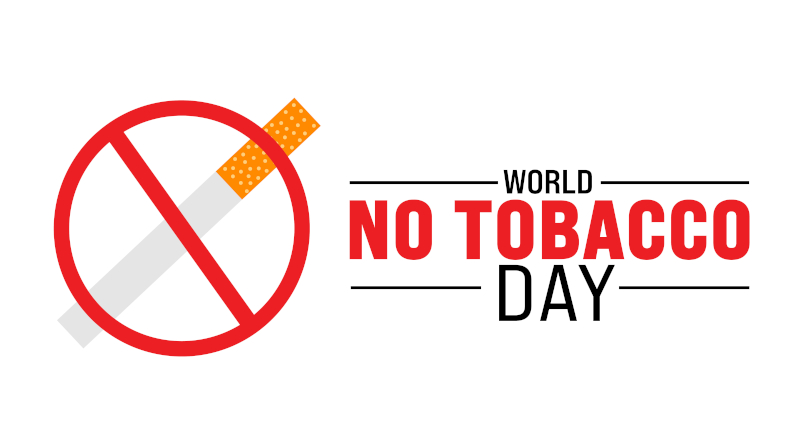On the 26 July, the World Health Organization (WHO) published its 2019 report on the Global Tobacco Epidemic, themed ‘Offering help to quit tobacco use’.
IEVA welcomes the WHO efforts in eliminating tobacco consumption and supports many of the key findings of the report. We believe there is a need for an adequate regulation of the global vaping industry, which should include high quality product and manufacturing standards, ethical product and health claims, clear provisions to prevent underage use and responsible marketing, as well as a commitment to robust scientific evidence.
However, we disagree with a number of statements which and not founded in science and could lead smokers to continue smoking rather than use reduced risk products:
- The finding that ENDS should not be promoted to smokers due to uncertainties about the health impacts. This is in contrast with the conclusions of numerous government bodies, including Public Health England, the New Zealand Ministry of Health, Health Canada, the Royal College of Physicians, the German Federal Office for Drugs, RIVM and the French Economic, Social and Environmental Council. The role of ENDS in helping smokers quit is endorsed by an increasing number of tobacco control experts, academics, scientists and medical professionals. Over 40 independent international scientific studies which show that harm reduction tools such as e-cigarettes are an effective alternative for smokers who fail to quit.
- The statement that ‘there remains a great deal of uncertainty surrounding the potential toxicity of ENDS’ disregards landmark ENDS reviews such as the one conducted by researchers from the US National Academy of Sciences, Engineering and Medicine in 2018, which concluded that ‘completely substituting e-cigarettes for combustible tobacco cigarettes conclusively reduce a person’s exposure to many toxicants and carcinogens […] and may result in reduced adverse outcomes in several organ systems’.
- The statement that there is ‘insufficient independent evidence to support the use of these products as a population-level tobacco cessation intervention to help people quit conventional tobacco use’ is contradicted by evidence from randomized control trials. A recent study in the
New England Journal of Medicine found that after 52 weeks of use the abstinence success rate with e-cigarettes was 18%, almost double that of Nicotine Replacement Therapies (NRTs) at 9.9%. These finding led them to conclude that e-cigarettes were much more effective for smoking cessation than NRTs. The American Cancer Society and the members of the National Academy of Science also recommend supporting e-cigarette switching for smokers who cannot or will not quit.
We believe that a dispassionate reading of the available data should be used as the basis for informing smokers about how ENDS could help them reduce their risks from smoking. We hope that WHO will seek to accurately inform smokers about technology that has the potential to change their lives for the better, rather than discourage the use of ENDS, which is likely to mean continued smoking for many.




